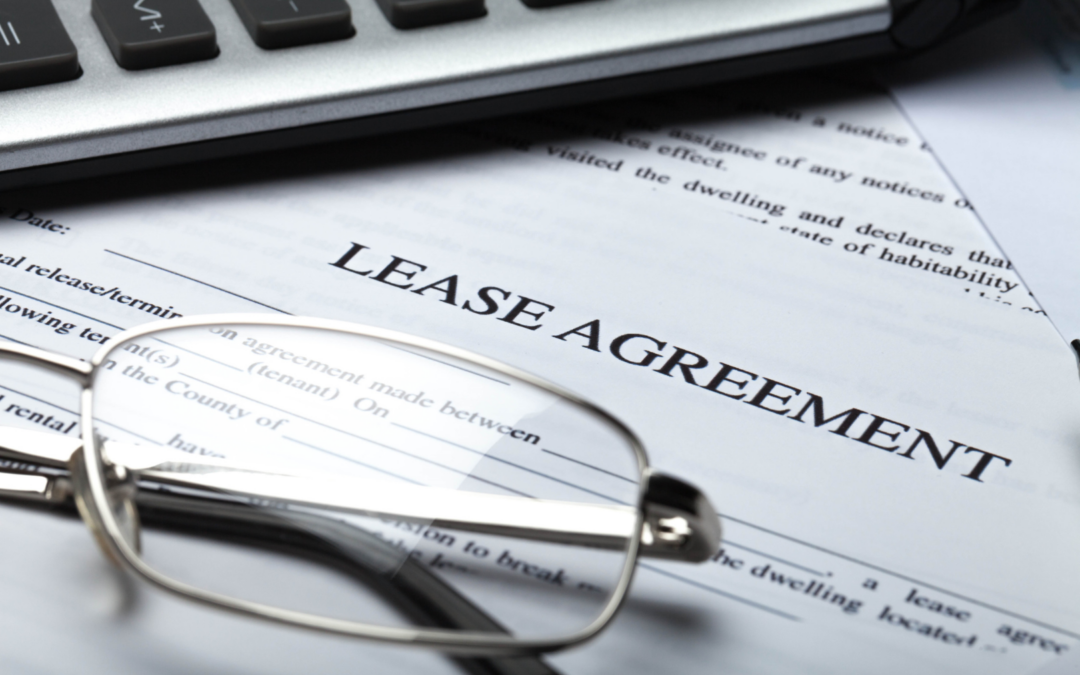The devil is in the detail, as the saying goes, and that is particularly true when it comes to service charges.
People spend so much energy on landing the property they want and getting their finances sorted that they can often miss vital details in the small print.
However, service charges should be an important consideration from the off when buying a property.
Here are OnTheMarket‘s 10 top tips on how to avoid getting stung for those service charges you may not have budgeted for.
1. Make sure you have a clear written record of your liability for service charges
Owners of leasehold properties can be subject to service charges – particularly if they are living in a building such as an apartment block – where maintenance and other costs have to be shared with other residents.
Owners of leasehold properties should read their leases carefully before signing on the dotted line. It is important to ask for clarification if you are unsure of your exact position regarding service charges.
2. Know your rights
If you default on your service charges, your landlord can take you to court. The law also protects you from unscrupulous landlords trying to levy service charges of which they have not given proper notice. The UK Government website explains the legal basics.
3. Make sure you have a detailed breakdown of service charges
The charges are made up of several different components, from maintenance and repair costs to buildings insurance and management fees. It is only by drilling down into the figures that you will be able to see whether the charges are fair and reasonable.
4. Ask for details of service charges levied over the last five years
You can ask your estate agent or solicitor to help provide a breakdown of all service charges which previous residents have had to pay for your property. These former costs will give you a feel for how the property is managed and whether the charges follow a predictable pattern or vary dramatically from year to year.
5. Establish whether there is a sinking fund
With many shared properties, the service charges include a contribution towards a sinking fund – money put aside to cover major maintenance works in the future.
Annual contributions to sinking funds make good sense, but if they are set too low, the sinking fund will not serve the purpose for which it was established.
6. Find out if there are any major building works pending
It is not uncommon for properties to need major building works, such as the replacement of a roof, which can result in a sudden sharp hike in service charges. Make sure there is nothing like that in the pipeline if you are buying a leasehold property. This is particularly true of large shared properties.
“Maintenance to a block of apartments is normally carried out every three to five years, so if you are thinking of buying a property towards the end of this period, you should be wary,” Mark Davies, Director of Estate Agency at Strutt & Parker, Chelmsford.
7. If you are living in a building run by a management company, find out as much as you can
It can be a good idea to ask for the minutes of the management company’s last two or three AGMs. These will often alert you to potential service charge issues in the future.
8. Make sure you have the contact details of someone who can answer your queries
Or deal with unforeseen problems affecting the common parts of the building. A quick phone call or email to the person directly responsible for the management of the building is far simpler than spending hours trying to find out who you need to speak to – especially if it is an urgent issue you require help with straight away.
9. Remember the roof
In some shared properties, maintenance of the roof is the sole responsibility of the top-floor flat. In others, the cost is shared equally between all the properties in the building. It is important to know the score, whether you are living in the basement or the penthouse.
10. And don’t forget the lift
If you are buying a property on the top floor of a small block of flats, bear in mind that, as you are the main beneficiary of the lift, you will be expected to pay a higher service charge than those on the ground floor.
Service charges are a fact of life. You would have to pay similar maintenance costs if you were living in a freehold property. But if you do your homework, the charges should not come as a nasty shock and you will have time to save for them.






